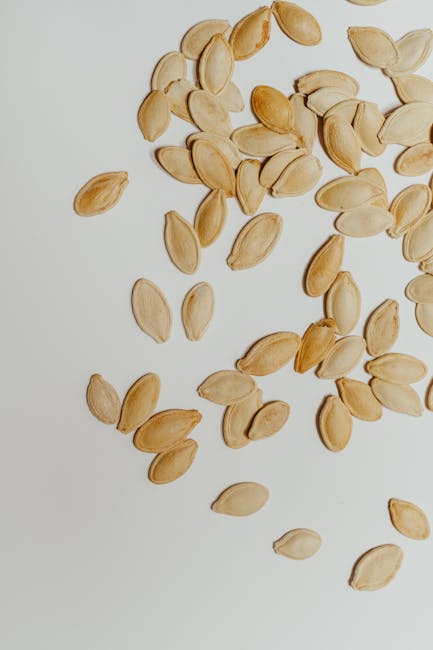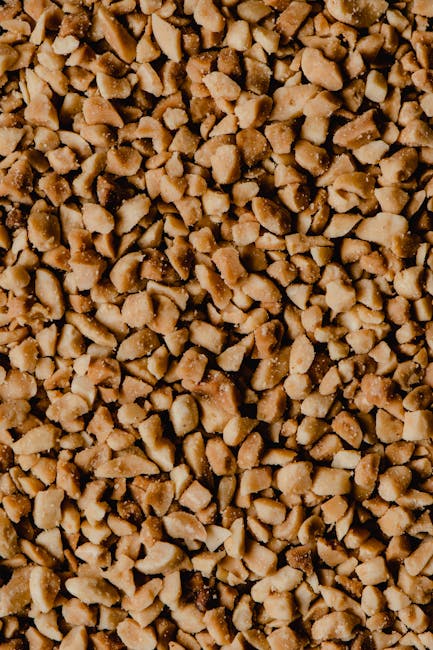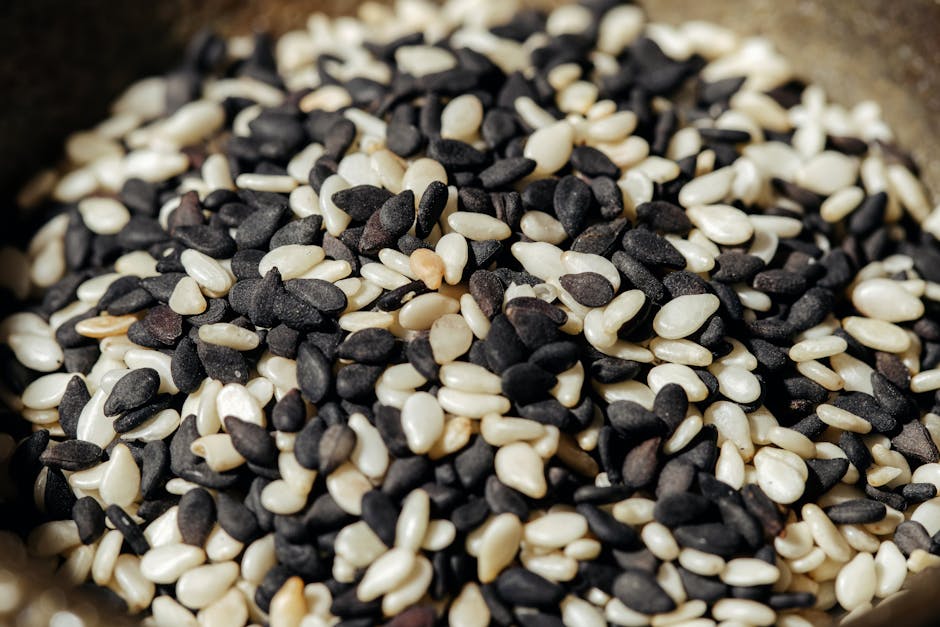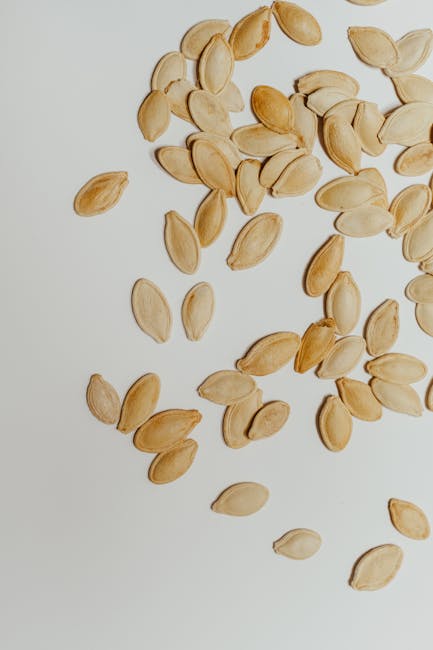Understanding Seed Oils: A Deep Dive into Culinary and Health Benefits
Seed oils, derived from the seeds of various plants, have become a staple in modern kitchens and are increasingly recognized for their diverse health benefits. However, navigating the vast array of options available can be overwhelming. This comprehensive guide, brought to you by Seed Oil Scout, will equip you with the knowledge to select the perfect seed oil for your cooking needs and health goals.
The Diverse World of Seed Oils
From the familiar sunflower oil to the more exotic chia seed oil, the variety of seed oils available is staggering. Each oil boasts a unique profile of fatty acids, antioxidants, and flavor profiles, contributing to its distinct culinary applications and health implications. This guide will explore some of the most popular and beneficial seed oils, helping you understand their strengths and weaknesses.
Popular Seed Oils: A Detailed Comparison
1. Sunflower Oil: A Versatile Kitchen Staple
Sunflower oil, extracted from the seeds of the sunflower plant, is a widely used cooking oil known for its mild flavor and high smoke point. It’s rich in linoleic acid, an omega-6 fatty acid, and is relatively affordable. However, it’s crucial to note that excessive consumption of omega-6 fatty acids can potentially contribute to inflammation in some individuals. Therefore, moderation is key.
- Culinary Uses: Salads, baking, frying (high smoke point makes it ideal).
- Health Benefits: Source of Vitamin E, linoleic acid.
- Considerations: High in omega-6 fatty acids, potential for inflammation if consumed excessively.
2. Flaxseed Oil: A Rich Source of Omega-3s
Flaxseed oil, extracted from flax seeds, stands out for its remarkably high concentration of alpha-linolenic acid (ALA), an omega-3 fatty acid. Omega-3s are essential fatty acids that play a crucial role in brain function, heart health, and reducing inflammation. However, flaxseed oil has a low smoke point, making it unsuitable for high-heat cooking.
- Culinary Uses: Salad dressings, smoothies, added to yogurt or oatmeal (best consumed raw or lightly heated).
- Health Benefits: Excellent source of ALA omega-3 fatty acids, may reduce inflammation, support heart health.
- Considerations: Low smoke point, should not be used for frying or high-heat cooking; easily oxidizes, so store in a cool, dark place.
3. Chia Seed Oil: A Nutritional Powerhouse
Chia seed oil, extracted from chia seeds, is a nutritional powerhouse packed with omega-3 fatty acids, antioxidants, and fiber. Similar to flaxseed oil, it possesses a low smoke point and is best consumed raw or in lightly cooked dishes.
- Culinary Uses: Salad dressings, smoothies, added to baked goods (in moderation).
- Health Benefits: Rich in omega-3s, antioxidants, and fiber; supports heart health, digestive health, and may improve blood sugar control.
- Considerations: Low smoke point, store in a cool, dark place to prevent oxidation.
4. Hemp Seed Oil: A Balanced Omega-3 and Omega-6 Ratio
Hemp seed oil, extracted from hemp seeds, offers a unique balance of omega-3 and omega-6 fatty acids. This balance is considered beneficial for overall health, as it can help mitigate the potential negative effects of an excessive omega-6 intake. It also possesses a relatively high smoke point, allowing for some light cooking applications.

- Culinary Uses: Salad dressings, smoothies, light sautéing.
- Health Benefits: Balanced omega-3 and omega-6 fatty acids, source of essential fatty acids.
- Considerations: Nutty flavor, may not be suitable for all dishes; still best used at lower temperatures.
5. Pumpkin Seed Oil: A Unique Flavor Profile
Pumpkin seed oil, extracted from pumpkin seeds, boasts a distinctive, nutty flavor and is often used in dressings and as a finishing oil. While it contains some essential fatty acids, it’s not as concentrated as flaxseed or chia seed oil.
- Culinary Uses: Salad dressings, finishing oil, dips.
- Health Benefits: Contains some essential fatty acids, source of zinc and magnesium.
- Considerations: Strong flavor, may not be suitable for all dishes; low smoke point.
Choosing the Right Seed Oil: Factors to Consider
Selecting the appropriate seed oil depends on several key factors:
1. Culinary Application:
Consider the cooking method. Oils with high smoke points are ideal for frying and sautéing, while those with low smoke points are best used raw or in lightly cooked dishes.

2. Health Goals:
If you are aiming to increase your omega-3 intake, flaxseed or chia seed oil are excellent choices. If you are looking for a balanced omega-3 and omega-6 ratio, hemp seed oil is a good option.
3. Flavor Profile:
Some seed oils, like pumpkin seed oil, have strong, distinct flavors that may not be suitable for all dishes. Others, like sunflower oil, offer a milder flavor that is more versatile.

4. Storage:
Many seed oils are susceptible to oxidation, which can affect their flavor and nutritional value. Store oils in cool, dark places to maintain their quality.
Seed Oil Scout’s Recommendations
Based on our research and analysis, Seed Oil Scout recommends exploring the diverse world of seed oils and choosing the best option based on your individual needs and preferences. Experiment with different oils to find your favorites and incorporate them into your diet for optimal health and culinary enjoyment.
Frequently Asked Questions (FAQs)
Q: Can I use seed oils for baking?
A: Yes, many seed oils can be used for baking, but it’s essential to choose an oil with a relatively high smoke point to avoid undesirable flavors. Sunflower oil is a common choice for baking.
Q: How should I store seed oils?
A: Store seed oils in a cool, dark place away from direct sunlight and heat. This will help to prevent oxidation and maintain their quality.
Q: Are all seed oils created equal?
A: No, seed oils vary significantly in their fatty acid profiles, antioxidant content, flavor profiles, and smoke points. Understanding these differences will help you choose the best oil for your needs.
Q: Which seed oil is best for heart health?
A: Oils rich in omega-3 fatty acids, like flaxseed and chia seed oil, are often associated with benefits for heart health. However, a balanced diet is crucial for overall cardiovascular health.
Q: Can I use seed oils for deep frying?
A: Some seed oils, particularly those with high smoke points like sunflower oil, can be used for deep frying. However, be mindful of the potential for oxidation and the formation of harmful compounds at very high temperatures.

